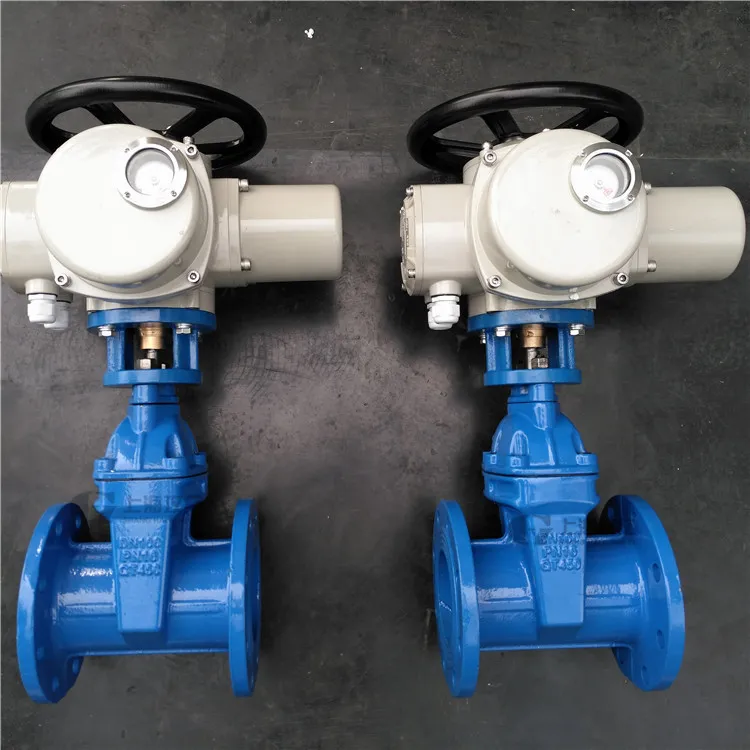Nov . 18, 2024 06:56 Back to list
Creating Innovative Solutions with Precision Measurement Instruments for Optimal Performance
Understanding Gauge Tools Essential Instruments for Precision Measurement
In any field that values precision, from manufacturing to engineering, gauge tools play a fundamental role. These instruments are designed to measure not only dimensions but also various properties of materials and components, ensuring they meet specific standards and requirements. This article delves into the importance, types, and applications of gauge tools, highlighting their indispensable nature in industrial practices.
The Importance of Gauge Tools
Gauge tools are critical for maintaining quality control in production processes. They provide the means to verify whether a part or material complies with the predetermined specifications. When dimensions or properties are not within acceptable limits, corrective actions can be taken to rectify issues, thus preventing costly defects or failures down the line. This is particularly essential in industries like aerospace, automotive, and medical devices, where safety and functionality are paramount.
Moreover, the accuracy of gauge tools directly influences the efficiency and reliability of manufacturing processes. Consistent measurements lead to fewer errors, reduced waste, and enhanced productivity. In a competitive market, companies that leverage high-quality gauge tools can differentiate themselves through superior product quality and performance.
Types of Gauge Tools
Gauge tools come in various forms, each designed for specific measurement tasks. Here are some commonly used types
1. Calipers These are versatile tools used for measuring internal and external dimensions as well as depths. Digital calipers have become popular due to their ease of use and ability to display measurements in various units.
2. Micrometers Known for their precision, micrometers are used to measure small distances. They are often employed in applications requiring high accuracy, such as measuring the thickness of components.
3. Height Gauges These tools are used to measure vertical dimensions. They can be equipped with a dial indicator or a digital readout for enhanced accuracy.
gauge tool

4. Gage Blocks Also known as slip gauges, these precision blocks are used to calibrate other measuring tools. They can be stacked to create specific lengths and are crucial for ensuring the accuracy of measurements.
5. Thread Gauges These instruments are used for checking the pitch and profile of threads on fasteners. They ensure that screws, bolts, and nuts fit together properly, which is vital for mechanical assemblies.
6. Feeler Gauges Used to measure gap width, feeler gauges come in strips of various thicknesses. They are essential for achieving precise clearances in mechanical assemblies.
Applications of Gauge Tools
The applications of gauge tools are vast and varied. In the automotive industry, for example, they are used extensively in component fabrication and assembly. Ensuring that engine components fit together with exact precision is crucial for performance and safety.
In aerospace engineering, gauge tools are employed to measure the dimensions of critical components, where even the slightest deviation can result in serious failures. Similarly, the medical industry relies on precision gauges to manufacture devices and implants that must comply with stringent regulations.
Gauge tools also find applications in quality control laboratories, where samples of materials are tested against industry standards. The data collected helps inform decisions regarding material selection, process adjustments, and compliance with regulations.
Conclusion
In summary, gauge tools are vital instruments in various industries, serving as the backbone for quality assurance and precision measurement. The diversity of gauge tools caters to different measuring needs, each contributing to the overall efficiency and accuracy of manufacturing processes. Whether you are in engineering, manufacturing, or quality control, understanding and utilizing the appropriate gauge tools is essential for achieving optimal results. As technology advances, the evolution of gauge tools continues to enhance measurement capabilities, ensuring that industries can meet the complexity and demands of modern production. For anyone involved in fields that require precise measurement, a thorough knowledge of gauge tools is not just beneficial but necessary for success.
-
Why Metric Trapezoidal Thread is Ideal for Precision Motion ControlNewsAug.05,2025
-
The Unique Properties of a Block of Granite for Industrial UseNewsAug.05,2025
-
The Role of Flanged Y Strainers in Preventing Pipeline ClogsNewsAug.05,2025
-
The Importance of Regular Calibration for Master Ring GagesNewsAug.05,2025
-
How a Cast Iron Surface Table Enhances Accuracy in ManufacturingNewsAug.05,2025
-
Comparing Different Check Valve Types for Optimal Flow ControlNewsAug.05,2025
Related PRODUCTS









